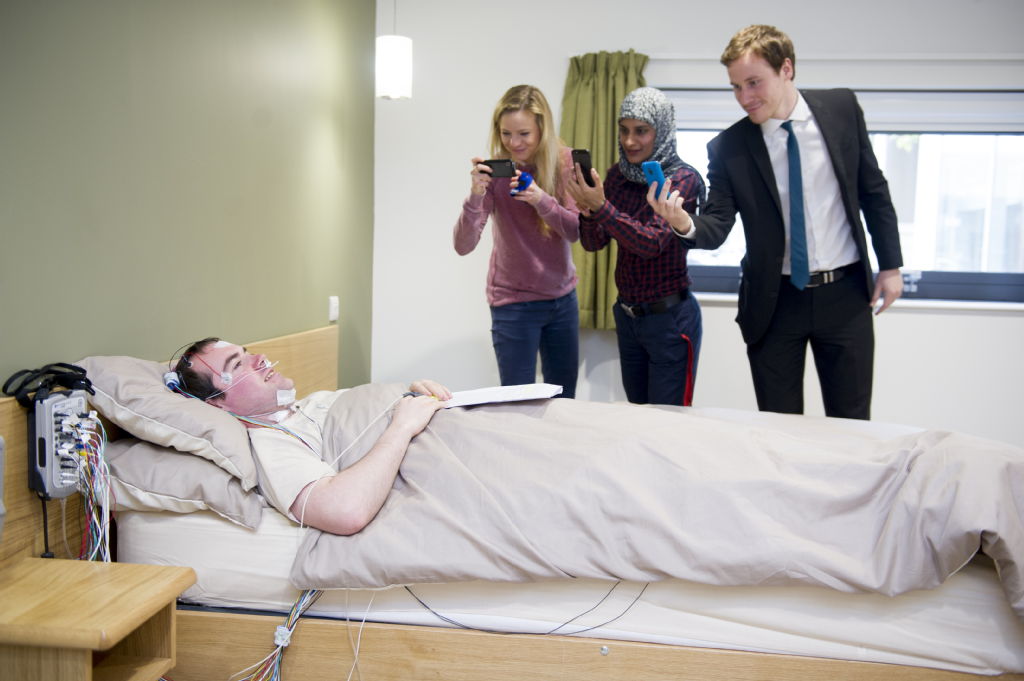News
SLEEP Editor's Choice
Abstract
To examine the changes in mothers’ and fathers’ sleep satisfaction and sleep duration across prepregnancy, pregnancy, and the postpartum period of up to 6 years after birth; it also sought to determine potential protective and risk factors for sleep during that time.
Participants in a large population-representative panel study from Germany reported sleep satisfaction and sleep duration in yearly interviews. During the observation period (2008–2015), 2541 women and 2118 men reported the birth of their first, second, or third child and provided longitudinal data for analysis. Fixed-effects regression models were used to analyze changes in sleep associated with childbirth.
Sleep satisfaction and duration sharply declined with childbirth and reached a nadir during the first 3 months postpartum, with women more strongly affected (sleep satisfaction reduction compared with prepregnancy: women, 1.81 points on a 0 to 10 scale, d = 0.79 vs. men, 0.37 points, d = 0.16; sleep duration reduction compared with prepregnancy: women, 62 min, d = 0.90 vs. men, 13 min, d = 0.19). In both women and men, sleep satisfaction and duration did not fully recover for up to 6 years after the birth of their first child. Breastfeeding was associated with a slight decrease in maternal sleep satisfaction (0.72 points, d= 0.32) and duration (14 min, d = 0.21). Parental age, household income, and dual vs. single parenting were unrelated, or only very weakly related, to improved sleep.
Following the sharp decline in sleep satisfaction and duration in the first months postpartum, neither mothers’ nor fathers’ sleep fully recovers to prepregnancy levels up to 6 years after the birth of their first child.

